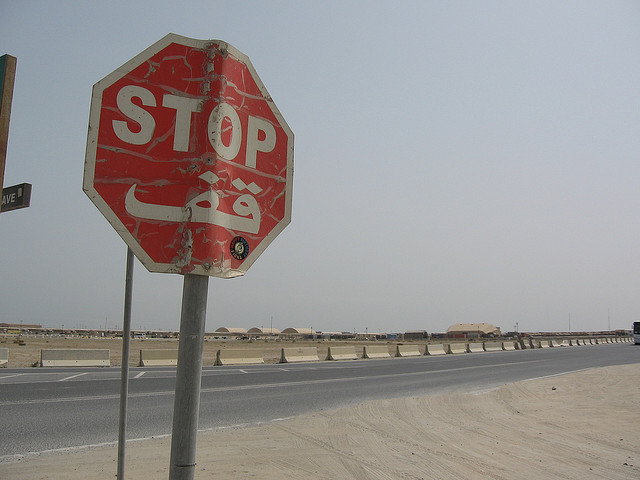 This is a shortened version of a longer paper presented to the Alliance 21 meeting in Washington. Abridgment by Kristy Bryden.
This is a shortened version of a longer paper presented to the Alliance 21 meeting in Washington. Abridgment by Kristy Bryden.
Islamist extremism—sometimes also referred to as radical Islamism or jihadism—motivates a diverse global movement that has the potential to affect the peace, prosperity and security of nations world-wide. It is important to clarify the distinction between Islam (a religion), Islamism (political Islam) and Islamist extremism, as one can combat the latter without being at all hostile to Islam.
My Hudson Institute colleague Abram Shulsky, Brookings Institution scholar William Galson and I recently published a study entitled Organizing for a Strategic Ideas Campaign to Counter Ideological Challenges to US National Security (PDF). Among the key recommendations of the study were the creation of: a strategy for countering Islamist extremism; an interagency body to direct the efforts of country teams and combatant commands to implement the strategy; and a new private organisation modelled on the National Endowment for Democracy (NED) to support constructive voices and conduct research.
There’s potential for US-Australian cooperation on this issue. In particular, there’s value in working together on a common threat assessment and in pooling experience to produce common doctrine to counter extremist ideology. This would involve an agreement on: the definition of Islamist extremist ideology; the nature of the national security threat posed by Islamist extremist ideology; the identification of key individuals and groups in the Islamist extremist movement; and finally, a doctrine for countering the ideology.
One of the central elements of a strategy to counter Islamist extremism is devising action plans, rather than focussing on crafting messages to transmit. It’s also essential to encourage Muslim voices that refute or contradict the extremist Islamism promoted by al Qaida and other groups. The crucial point isn’t what Western officials say to Muslims about extremism, but what Muslims say to one another. So the key challenge isn’t ‘public diplomacy’ or ‘strategic communications’ but finding a way to stimulate and influence a vigorous debate among Muslims. The goal should be to amplify constructive voices and counter extremist voices.
Constructive voices could be amplified in various way, including by promoting networks among Muslim opponents of extremism, funding humanitarian work and offering prestige-enhancing invitations (for example to Western universities or think tanks). Other possibly useful avenues are online discussion boards, TV shows (including soap operas and sitcoms), comics, video games, schools, and the translation of books into Arabic to communicate useful ideas and encourage debate. It is interesting to note an observation from a United Nations-sponsored study that ‘…the total number of books translated into Arabic during the [last] 1,000 years … is less than those translated in Spain in one year’.
Among the means available to counter extremist voices are: promoting rivals (alternative entertainment, schools, publications, sources of welfare and humanitarian relief), cultivating the development of ideas from credible sources to refute jihadist teachings and working to shut off or curtail sources of funding and other support.
An important part of the effort would be promoting ideas so basic that many Westerners take them for granted, but shouldn’t, such as the possibility of debate, the possibility of compromise, the idea that reasonable people can differ, and the idea that one should make an effort to learn about other people in the world who aren’t part of your own community.
It could also be useful to study the campaign against slavery and changes in popular thinking about race, environmentalism and homosexuality to learn how these changes in the views of millions of people were accomplished. There’s no one right approach to countering extremist ideology; people are diverse and respond to different messages and media. A comprehensive approach would deal with intellectual and theological matters, with popular entertainment and everything in between.
Douglas J. Feith is Senior Fellow and Director of the Center for National Security Strategies at Hudson Institute in Washington, DC. He served as Under Secretary of Defense for Policy from July 2001 to August 2005. Image by Flickr user davidfg.

